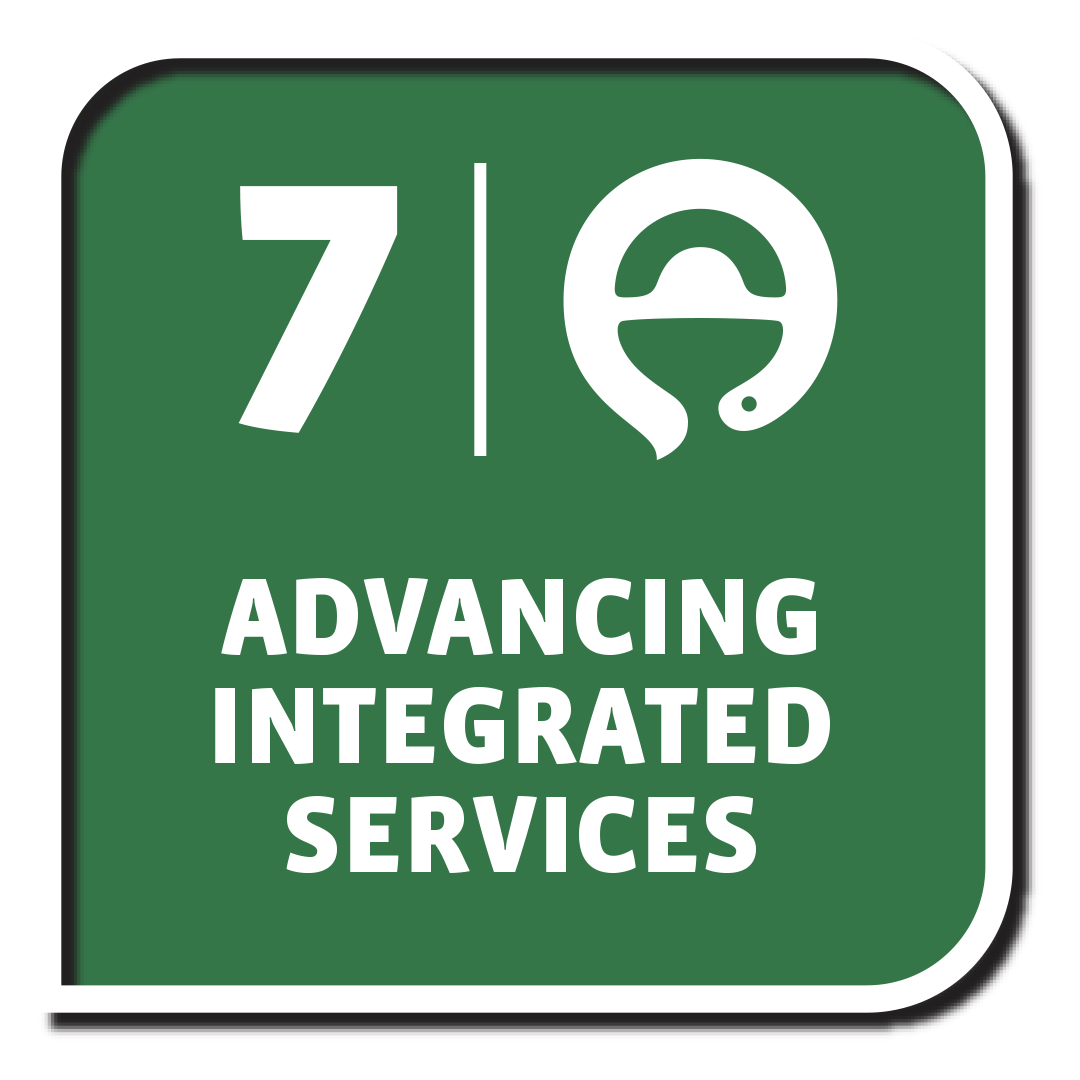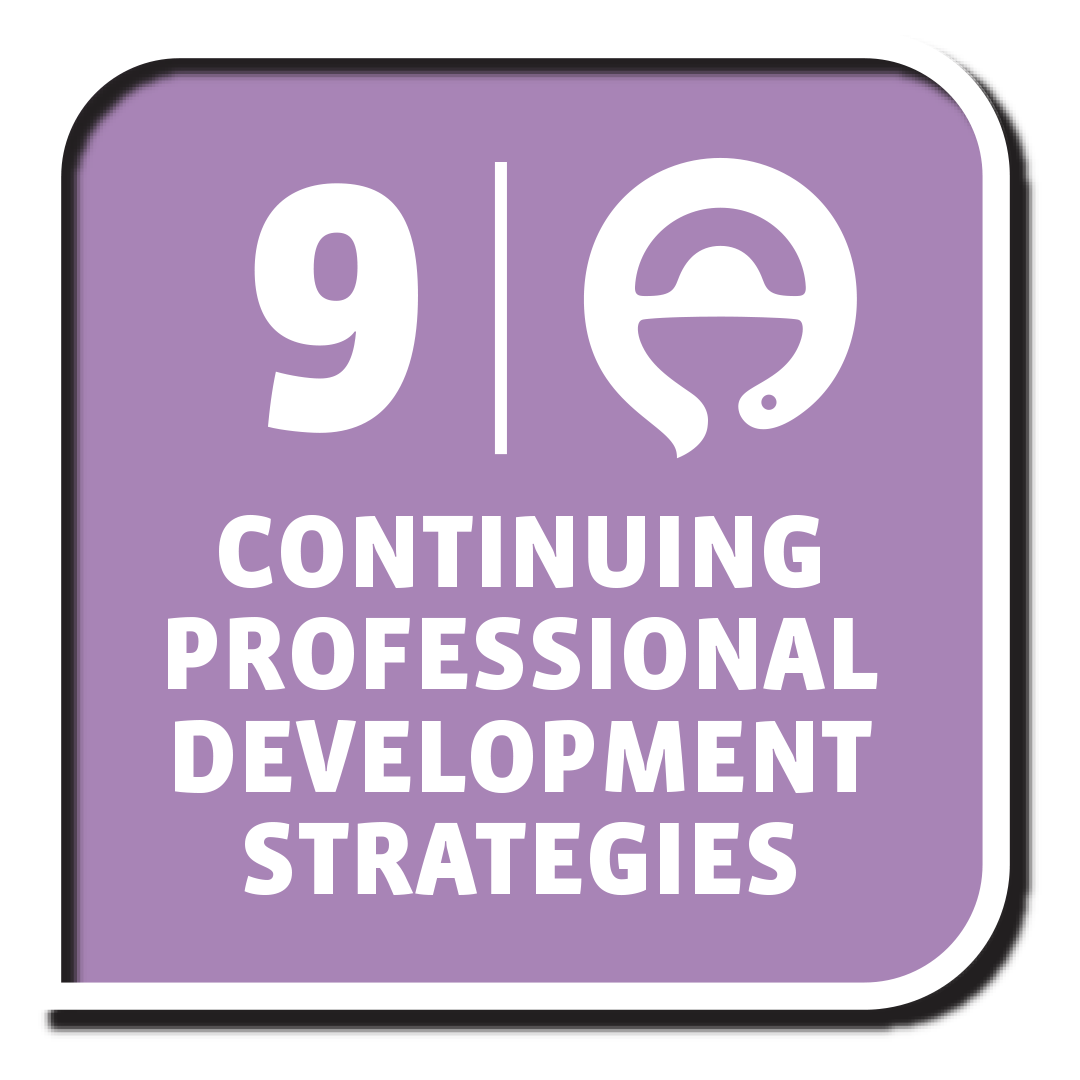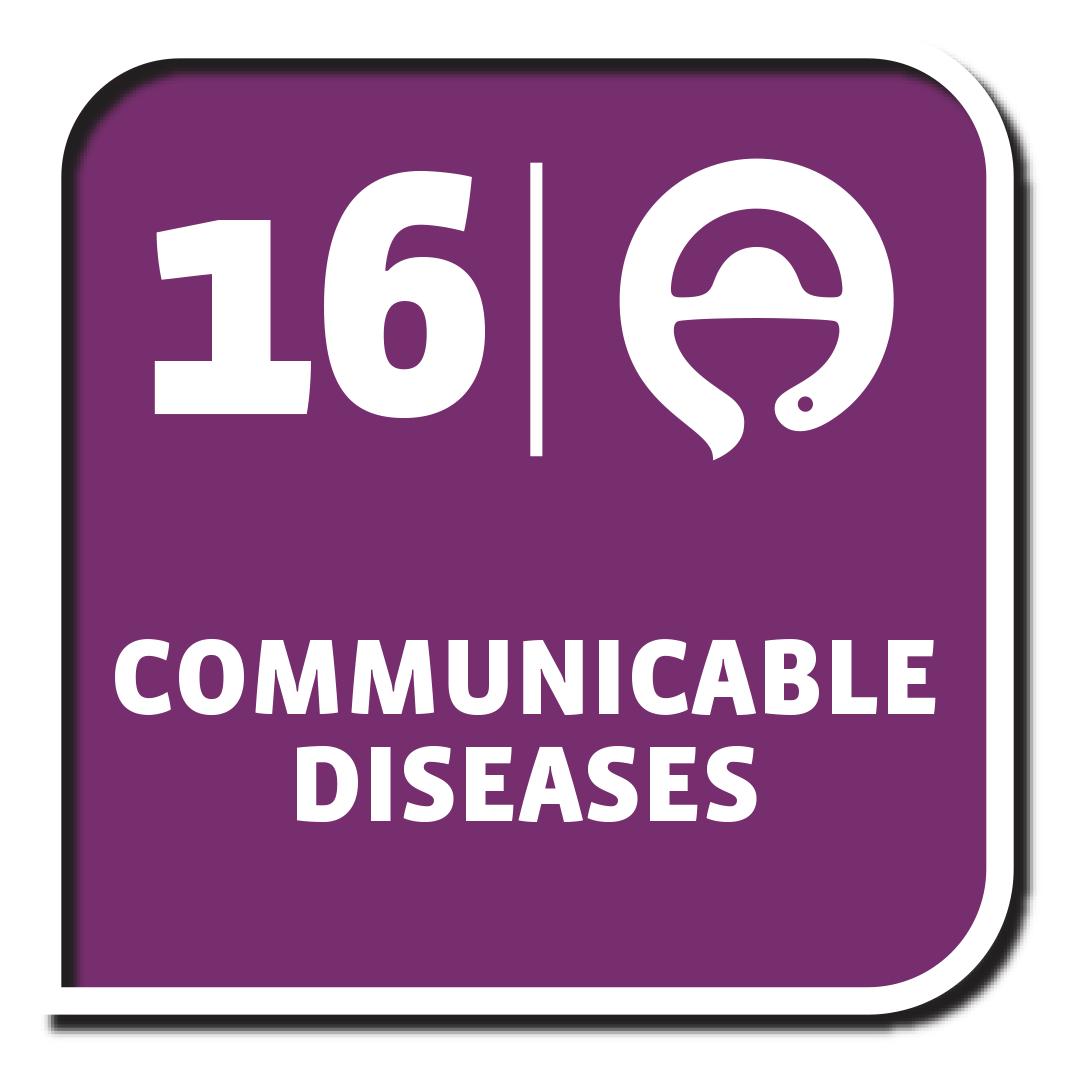PSWE-03 - Enhancing pharmacy education and professional development through AI
Tracks
Auditorium 10
| Wednesday, September 3, 2025 |
| 11:00 - 12:30 |
| Auditorium 10 |
Details
Organised by the FIP Social and Administrative Pharmacy Section in collaboration with the FIP Academic Pharmacy Section
Chair(s)
Dr Sarah Dineen-Griffin, Vice president, FIP Community Pharmacy Section, Australia & Mr Luís Lourenço, FIP Professional Secretary, Portugal
Introduction:
AI technologies can significantly enhance pharmacy education and professional development. They are becoming integral to pharmacy education, transforming how students learn and how professionals develop skills post-graduation. With the evolving healthcare landscape, AI provides innovative solutions to strengthen students’ foundational knowledge while supporting ongoing professional growth.
AI in pharmacy education enriches student learning and prepares future pharmacists to adapt to changing healthcare environments. As AI evolves, its role will likely expand, fostering innovation and improving pharmacy practice quality. By adopting these technologies, institutions can better equip graduates to deliver high-quality care and advance the pharmacy field.
Integrating AI in pharmacy education creates a more personalised, efficient, and engaging learning experience. It supports professional development, ensuring pharmacists remain competent and respond effectively to healthcare changes. By leveraging these tools, pharmacy education can better prepare future pharmacists for patient care and medication management while helping current practitioners enhance skills and stay current with emerging practices.
Programme:
Learning objectives:
1. To understand how AI bridges learning gaps and transforms pharmacy education by enhancing foundational knowledge, supporting ongoing professional growth, and preparing pharmacists to adapt to evolving healthcare needs.
2. To understand the ethical and operational challenges and strategies for embedding AI into pharmacy education programmes.
3. To understand the importance of lifelong learning and how AI supports pharmacists in keeping up with industry changes and maintaining competency.
Take home messages:
Artificial intelligence (AI) is poised to transform pharmacy education and practice, offering powerful tools for enhancing learning, improving clinical decision-making, and fostering continuous professional development. By integrating AI technologies, pharmacists can better personalise patient care, optimise treatment outcomes, and stay at the forefront of evolving healthcare practices. However, as AI becomes more integrated into the field, it is crucial to balance innovation with ethical considerations, ensuring that technology is used responsibly and alongside human expertise.
FIP Development Goals:


 To learn more about these FIP Development Goals, click on the links below.
FIP Development Goal 7: Advancing Integrated Services
FIP Development Goal 9: Continuing Professional Development Strategies
FIP Development Goal 16: Communicable Diseases
To learn more about these FIP Development Goals, click on the links below.
FIP Development Goal 7: Advancing Integrated Services
FIP Development Goal 9: Continuing Professional Development Strategies
FIP Development Goal 16: Communicable Diseases
| 11:00 – 11:05 | Introduction by the chairs | |
| 11:05 – 11:30 | Workshop: Generative AI in pharmacy education and practice | |
| Prof.Dr Aukje Mantel-Teeuwisse, ExCo member FIP Academic Pharmacy Section, Netherlands | ||
| 11:30 – 12:00 | How AI enhances pharmacy education by bridging educational gaps, addressing ethical considerations and supporting pharmacists’ continuous professional development | |
| Mr Michael Alexander, Audirie, USA | ||
| 12:00 – 12:30 | Use of AI learning tools, how they can be used in different pharmacy settings, and their place in standardisation and assessments | |
| Mr Peter Ikladious, Audirie, Australia |
Speakers
Mr Michael Alexander
Audirie
How AI enhances pharmacy education by bridging educational gaps, addressing ethical considerations and supporting pharmacists’ continuous professional development
Mr Peter Ikladious
Audirie
Use of AI Learning Tools in Pharmacy: Settings, Standardisation & Assessment
Prof.Dr Aukje Mantel-Teeuwisse
Exco Member
Workshop: Generative AI in pharmacy education and practice
